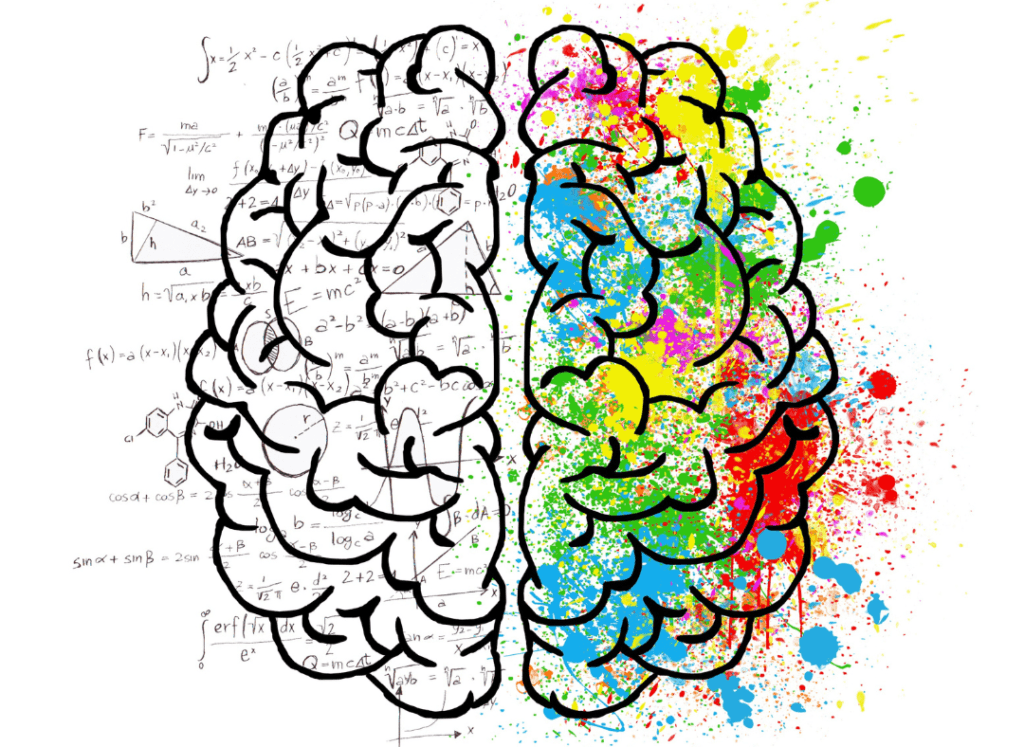Nowadays, almost any child who struggles at school ends up with a diagnosis. Sometimes because they cannot concentrate, other times because they do not follow instructions, or simply because their behavior does not fit what is expected in the classroom. Faced with these symptoms, families enter a circuit that appears to offer answers but seldom resolves the underlying problem. Psychopedagogical assessments — quick, cheap, and performed in assembly-line fashion — promise to name what is happening, but in reality they often simplify or distort it. Behind that diagnostic label there is no deep understanding of the case, no rigorous analysis of its causes, and no clear pathway for intervention.
The major problem with current psychodiagnoses is not only the lack of time or resources. Most are not carried out by clinicians trained in the field, nor by professionals with real experience in neurodevelopment or neuroscience. They are tests administered by psychopedagogues or psychologists with limited technical training who use non-validated instruments, subjective interpretation methods, and theoretical frameworks that were outdated decades ago. The psychologization of distress, the uncritical use of psychoanalytic notions, or behavioral reductionism make many reports little more than vague descriptions. In the end, the child passes the grade, adjustments are made, demands are lowered… but you, your family, and the child all know that something remains improperly addressed.

That is precisely what NeuroPsicoDx changes.
NeuroPsicoDx is not a “psychodiagnosis”; it is a complete clinical process designed by experienced neuropsychologists and neurologists with the goal of providing real answers to families no longer satisfied with generic reports full of stock phrases. Our approach combines standardized clinical tests, structured observation, brief but powerful clinical interviews, and applied artificial intelligence to integrate objective and qualitative data quickly and accurately. What used to require six to ten sessions and hundreds (or thousands) of euros is now reduced to three assessment sessions with validated tests and two half-hour interviews. Even so, the result is incomparably deeper and more useful.
The product we deliver is unique: a three-part report that allows for an in-depth understanding of what is happening to the child or adolescent. We integrate the biographical and developmental history dimension with a technical analysis of cognitive and behavioral functioning, and we add a specific prognostic section in which we explain — clearly and with real data — what improvements can be expected with different types of intervention: pharmacological, psychotherapeutic, pedagogical, or neuropsychological. In other words, we do not only tell you what is happening, but what you can do, how much improvement is possible, and which path is most effective in your case.

Most families undergo these evaluations in the midst of a crisis: when the school demands it, when the child is already overwhelmed, when there is no option but to “see what’s wrong.” But you can do something different. You can anticipate. You can act now, calmly, with time, and with real information. You do not need someone to tell you that your child “has something.” You need to know what is happening, how their mind functions, and what conditions they need to develop fully. You do not achieve that with a label or with a ten-page technical report. You achieve it with a serious, respectful evaluation grounded in science and empathy.
We do not believe in quick diagnoses or empty diagnoses. We do not hand over sheets with scores and percentiles as if that were enough. What you take away from NeuroPsicoDx is a transformative process in which you also become part of the clinical team: you will understand what is happening, you will see real data, you will learn how to support your child. In fact, when we finish the process, many parents tell us, “now I know more than the neuropsychologist I went to before.” And that is true. Part of our commitment is to train you as well. It is not magic. It is science, rigor, and sensitivity.
All of this at a deeply competitive price. We do not believe that access to knowledge and specialized support should be a privilege. We believe it must be accessible, ethical, and transformative. That is why we do this. Because we know it can be done better. And because your child deserves it.
